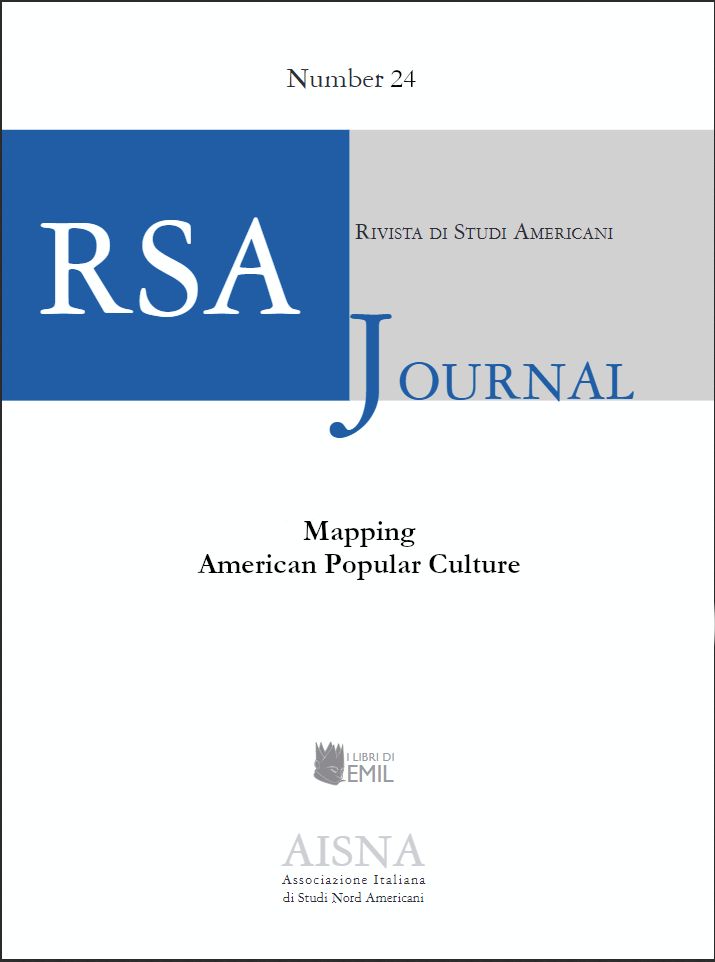The Madman’s Embarkation
The Ship of Fools and Richard Paul Russo’s “Ship of Fools”
DOI:
https://doi.org/10.13135/1592-4467/8677Keywords:
science fiction, starship, horrorAbstract
This paper analyzes Richard Paul Russo’s 2001 novel Ship of Fools in terms of its use of the eponymous trope, which Russo takes from Sebastian Brant’s 1494 poem Das Narrenschiff and from the European tradition of ship-of-fools narratives dating back to Medieval times, as well as from the historical reality of literal ships of fools plying the waterways of central Europe in the 15th century. In accordance with this tradition, the characters in Russo’s novel act out the same kind of warped, insane behavioral practices as those in previous stories. When faced with the discovery of alien life in the universe, and of this alien life’s utter hostility and brutality, the inhabitants of the generation starship Argonos respond with an inward-turning solipsism utterly at odds with their actual circumstances, thus initiating a cascade of events leading them to near-total ruin. Russo’s handling of the ship-of-fools trope in the story, at once unobtrusive and pervasive, relocates the voyages of the madman from the stretches of Earth’s seas to the empty vastness of space, presenting both as reflective surfaces against which we do not see the reality of our lives, but only the reflections of our psyches – until it is too late.
Downloads
Published
Issue
Section
License
RSAJournal will apply a CC BY 4.0 license to all its contributions starting with issue 37 (2026). Previous issues are licensed under a CC BY-NC-ND licence.





